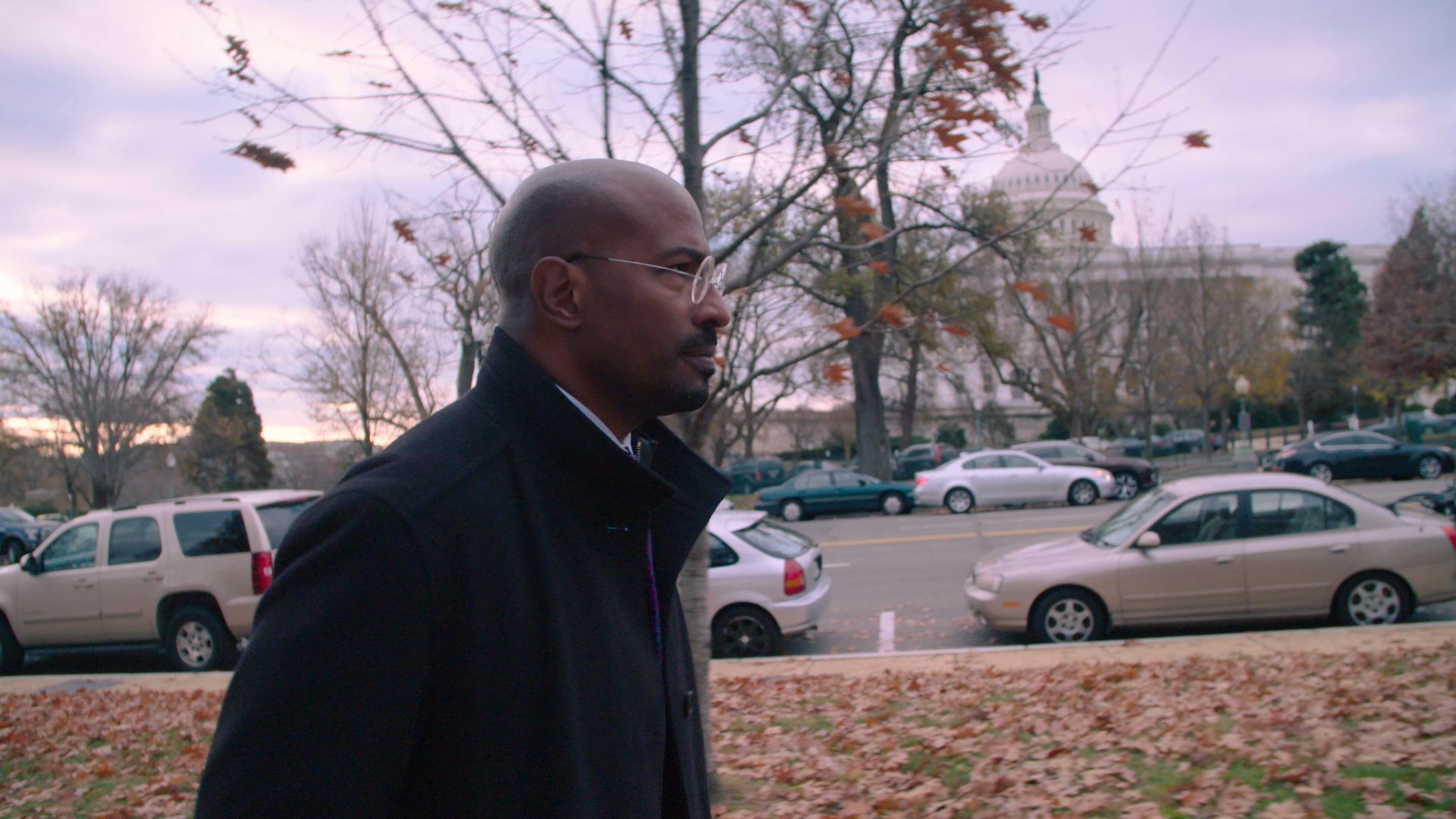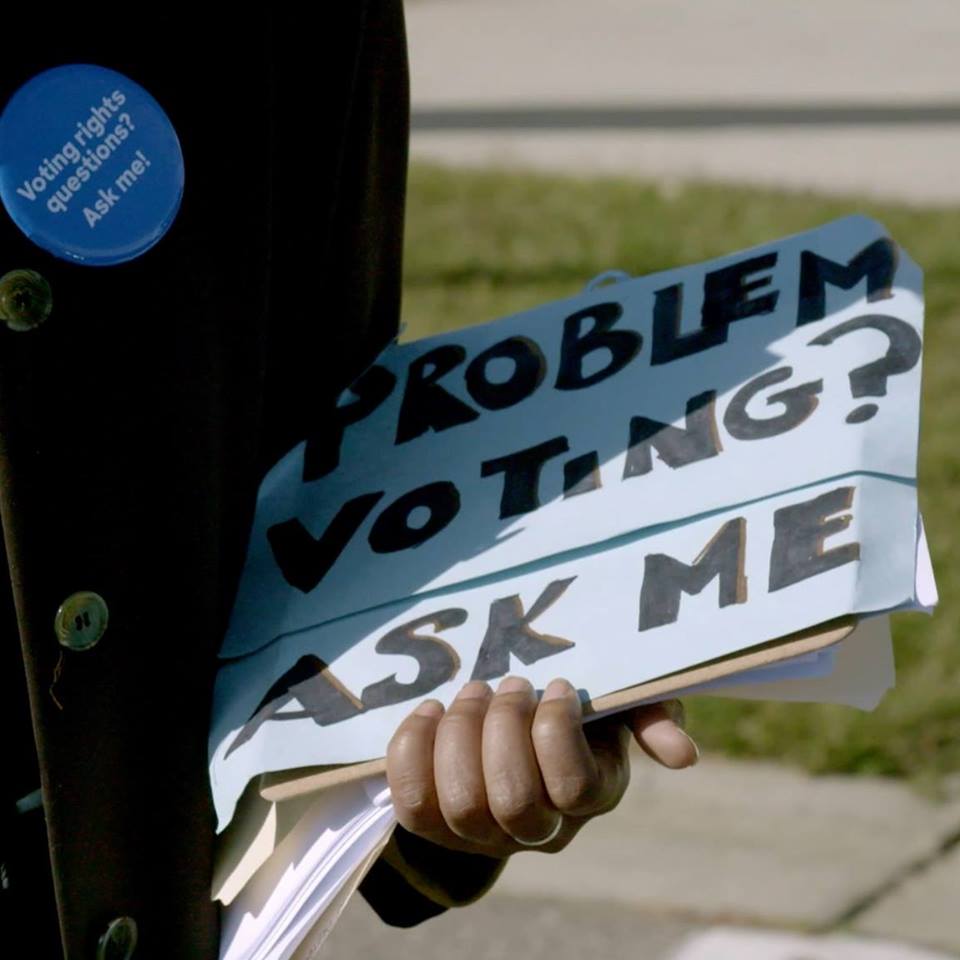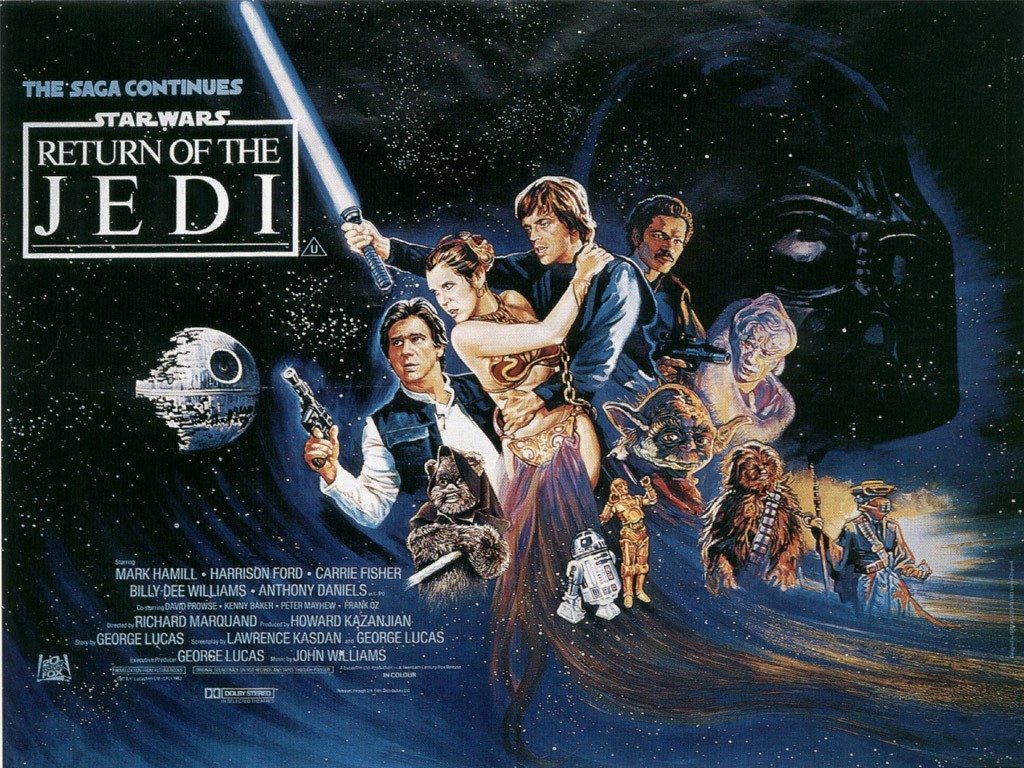
The First Step – Can politicians work together?
“Dividers need us to stay in our own little bubbles talking about each other rather than to each other. We need to try something else.” We live in a politically polarized world. For many, this has led to a deep cynicism about the political process. When two sides won’t even talk to each other, how…



